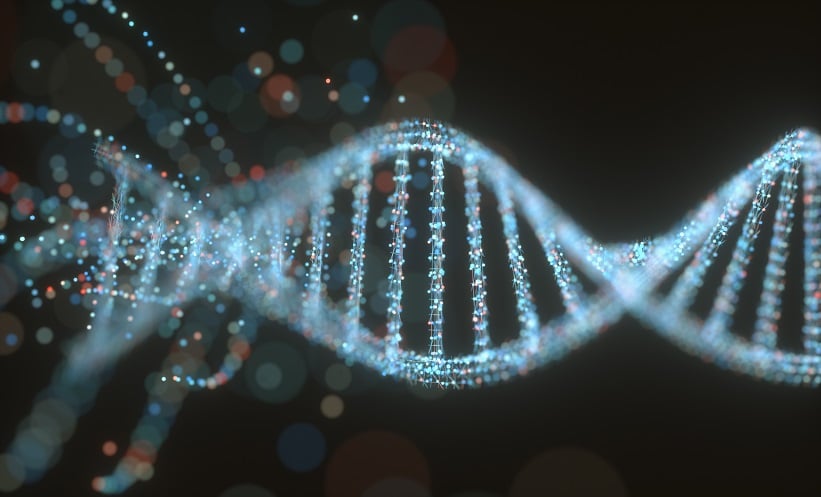A COMPREHENSIVE genetic analysis of rare bleeding disorders (RBDs) has shed light on the genetic profiles of 527 individuals from across 19 countries. This research was recently presented at the 2025 EAHAD Annual Congress in Milan, Italy.
Rare bleeding disorders, which account for 3-5% of bleeding disorders, have often been under-studied due to their rarity. However, researchers from the University of Milan and Fondazione IRCCS Ca’ Granda Ospedale Maggiore Policlinico sought to fill this gap with a study involving individuals suspected of having RBDs. The severity of the RBDs was based on the plasma clotting factor activity levels, and gene sequencing was used to confirm the diagnosis.
The study revealed that over half (55%) of the total 527 cases had severe factor deficiencies, while those with hypofibrinogenemia, dysfibrinogenemia, and FII deficiencies exhibited mild to moderate deficiencies. The most common deficiency was FVII deficiency (24%), with the rarest being FII and compound FV+FVIII deficiencies (6%). The study also highlighted that 86% of these conditions were autosomal recessive, with 22% of heterozygous cases showing severe symptoms, suggesting undetected variants.
Of the 261 unique variants identified, 85% were predicted to be pathogenic, and 12% were novel, especially in F13. Missense variants were most prevalent in the cohort, particularly in exons encoding catalytic domains. However, the study also found that 4% of cases had no detectable causative variant, pointing to the need for further research using next-generation sequencing (NGS) to fully understand the genetic mechanisms of these disorders.
Helena Bradbury, EMJ
Reference
Mohsenian S et al. Abstract PO267. Presented at EAHAD 2025 Annual Meeting; Feb 4-7; Milan, Italy.







